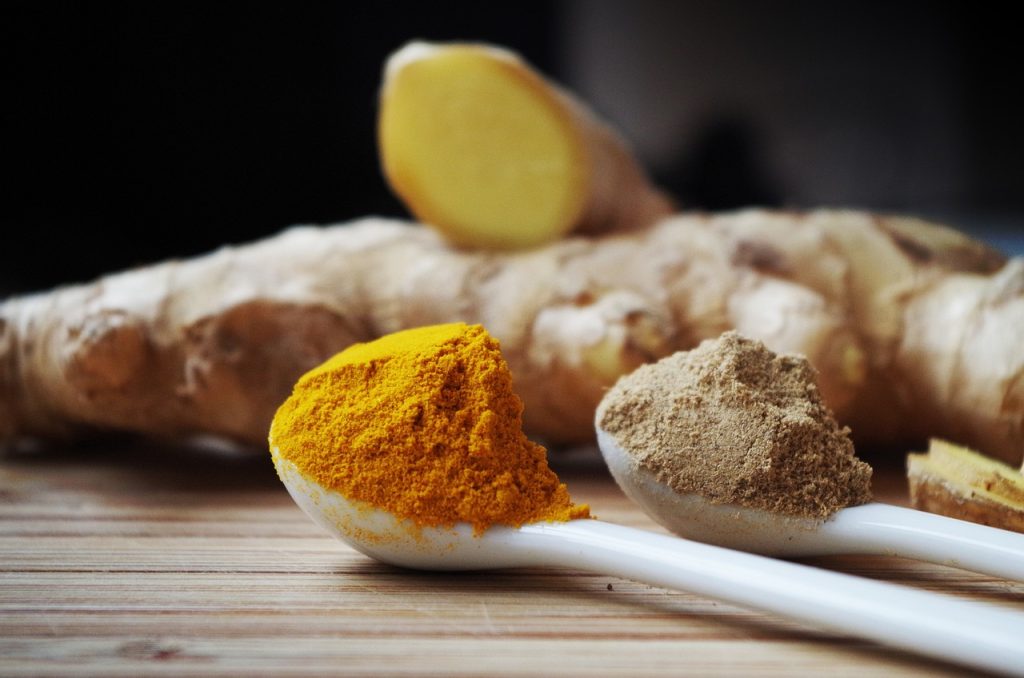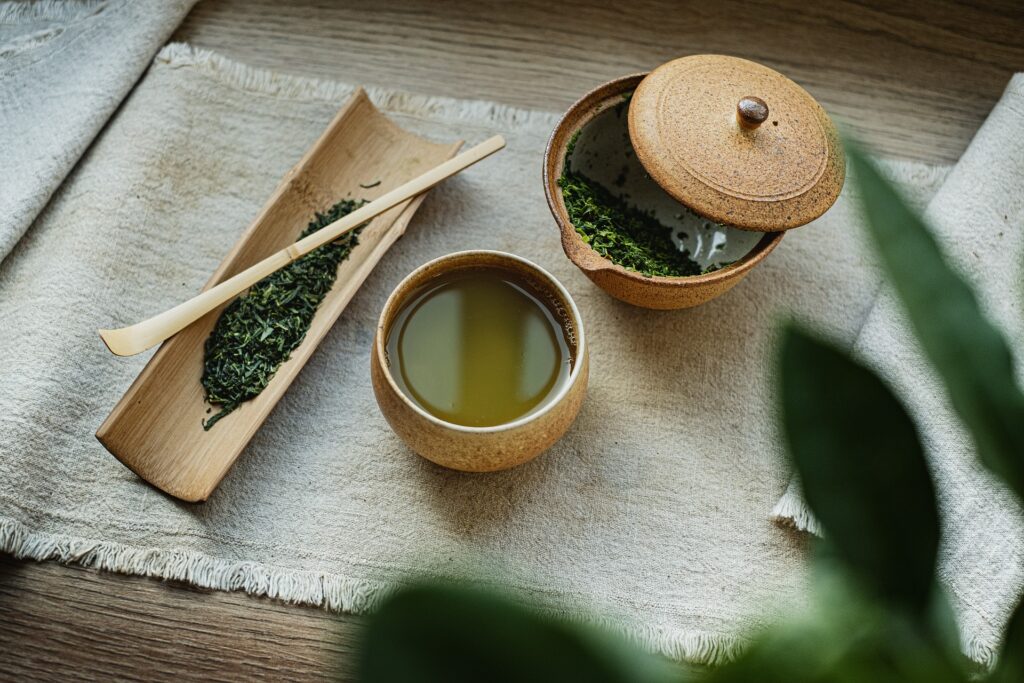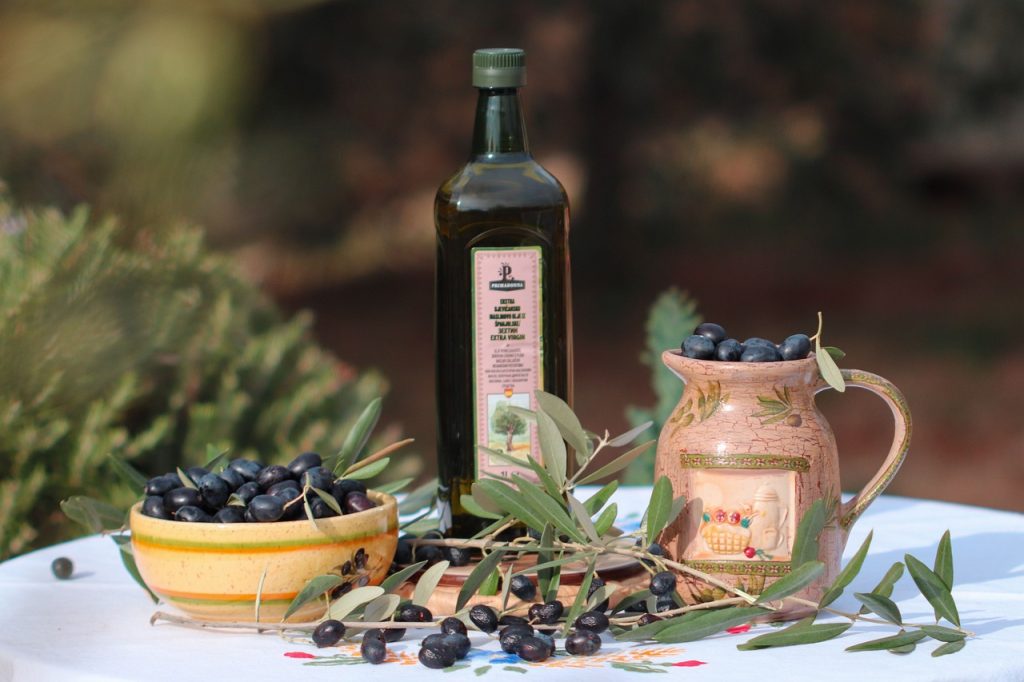Butter is a dairy product made from milk or cream, and it has both nutritional and culinary benefits. However, it’s important to consume butter in moderation due to its high saturated fat content. Here are some potential benefits of eating butter:
Source of Fat-Soluble Vitamins: Butter contains fat-soluble vitamins such as vitamins A, D, E, and K. These vitamins play important roles in various bodily functions, including vision, bone health, immune function, and blood clotting.
Conjugated Linoleic Acid (CLA): Grass-fed butter, in particular, may contain higher levels of conjugated linoleic acid (CLA), a type of fatty acid that has been associated with potential health benefits, including weight management, immune support, and anti-inflammatory effects. However, more research is needed to fully understand the effects of CLA in humans.
Flavor and Texture: Butter adds rich flavor and a creamy texture to dishes, making it a popular ingredient in cooking and baking.
Caloric Energy: Butter is calorie-dense, providing a concentrated source of energy. It can be helpful for individuals who need to increase their caloric intake or maintain their weight.
Culinary Use: Butter is versatile and can be used for sautéing, roasting, baking, and spreading on bread or vegetables.
However, it’s important to consider the following factors and limitations:
Saturated Fat Content: Butter is high in saturated fat, which is associated with an increased risk of heart disease when consumed in excess. As a result, it’s recommended to use butter in moderation and choose healthier fats, such as olive oil and nuts, for the majority of your dietary fat intake.
Dairy Allergies or Lactose Intolerance: Some people may have allergies to dairy products or be lactose intolerant, which can cause digestive discomfort when consuming butter.
Nutrient Comparison: While butter does provide some nutrients, other fats and spreads, such as olive oil or avocado, offer a more favorable nutrient profile with a higher content of heart-healthy monounsaturated and polyunsaturated fats.
Alternatives: If you’re looking for a butter substitute, there are options available made from plant-based sources, such as margarine or spreads made from oils like olive, coconut, or avocado oil. These options may offer healthier fat profiles.
In summary, while butter can be enjoyed in moderation as part of a balanced diet, it’s important to be mindful of its saturated fat content and consider healthier fat sources for most of your dietary fat intake. If you have specific dietary concerns or health conditions, it’s advisable to consult with a healthcare professional or registered dietitian before making significant changes to your diet.












Hi there! This article could not be written any better!
Looking at this article reminds me of my previous roommate!
He constantly kept preaching about this. I will forwqrd this post to him.
Fairly certain he’ll have a good read. Many thanks for sharing!
My page :: https://chooserightcasino.widezone.net/
I consider something genuinely special in this website.